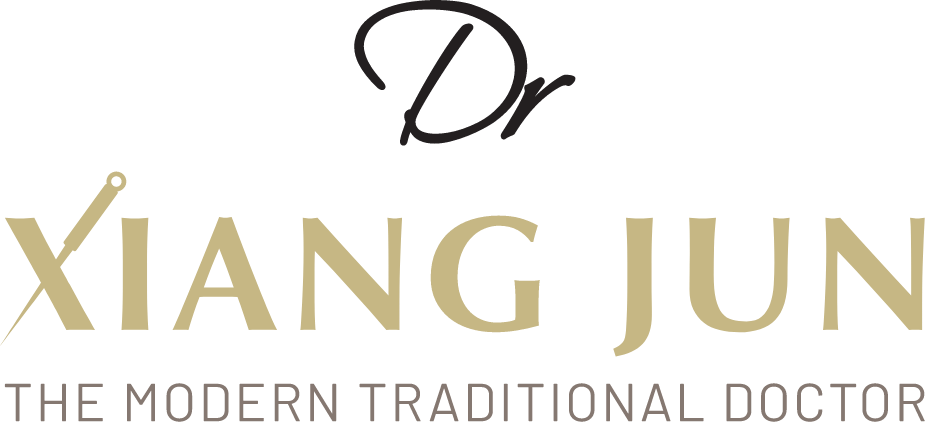Scientific Proof to How your Body react to Acupuncture - Polycystic Ovarian Syndrome (PCOS)
Regular sessions of Acupuncture is effective in treating Polycystic Ovarian Syndrome (PCOS).
Polycystic ovary syndrome (PCOS) is the most common endocrine and metabolic disorder among reproductive-age women. PCOS is diagnosed on the basis of oligo-ovulation or anovulation, hyperandrogenism, and the presence of polycystic ovaries. Read more about It is not normal to have cysts and fibroids.
One of the common features of PCOS is insulin resistance and elevated androgen level which can produce clinical signs like hirsutism, acne, and alopecia.
Clomiphene citrate (CC), a selective estrogen-receptor modulator, has been used as 1st-line treatment for PCOS for years. CC is not without drawbacks, however, including its overall poor efficacy, a relatively high multiple-pregnancy rate and side effects such as mood changes and hot flushes.
The use of acupuncture in reproductive endocrinology and infertility has gained increased popularity worldwide. Several clinical and animal experimental studies indicate that acupuncture is beneficial for ovulatory dysfunction in PCOS. Acupuncture has also been reported to potentially improve insulin sensitivity and to decrease testosterone in patients with PCOS.
Below are scientific papers that support that Acupuncture is effective in treating PCOS.
Conclusion: Acupuncture can promote the recovery of menstrual cycles as well as downregulate the levels of Luteinizing Hormone and testosterone in patients with PCOS.
Conclusion: Repeated acupuncture treatments resulted in higher ovulation frequency in lean/overweight women with PCOS and were more effective than just meeting with the therapist. Ovarian and adrenal sex steroid serum levels were reduced with no effect on LH secretion.
Conclusion: Low-frequency electro acupuncture and physical exercise reduce insulin resistance in rats with dihydrotestosterone-induced PCOS and in genetically obese and type 2 diabetic db/db mice.
Further reading:
Everything you need to know about Acupuncture
Natural Alternatives or Chemical Drugs?
How TCM and Acupuncture treat PMS
Scientific Proof to how your body reacts to Acupuncture - Diabetes
Scientific Proof to how your body reacts to Acupuncture - Urinary Incontinence
Testimonial for Digestive Health Bloatedness
Everything you need to know about Acupuncture
Can I exercise after acupuncture?
How Acupuncture Help with Fatigue
Facial Acupuncture - How to differentiate the real deal from the fakers





